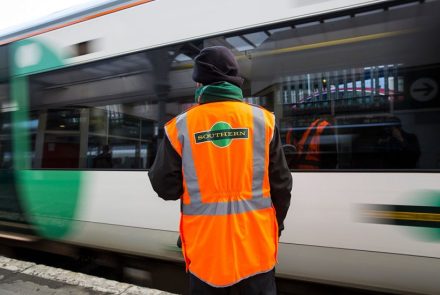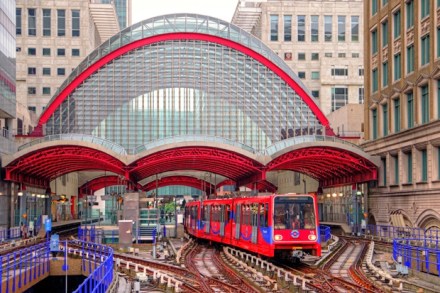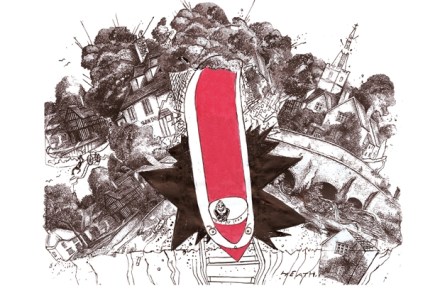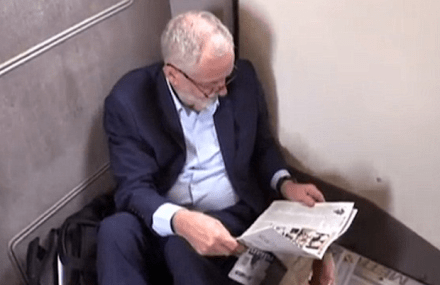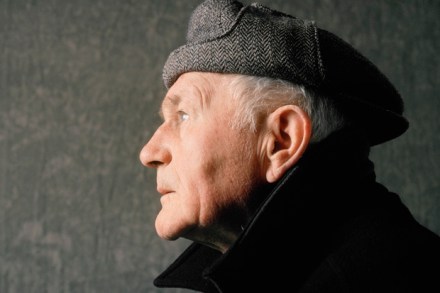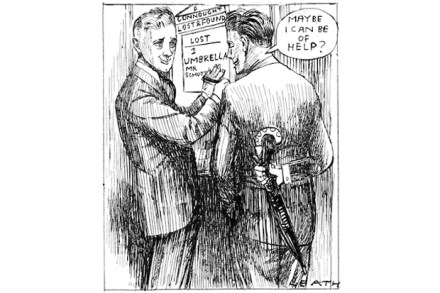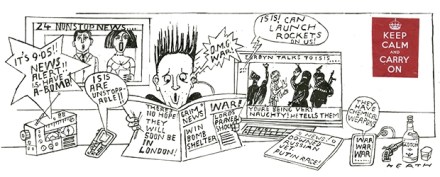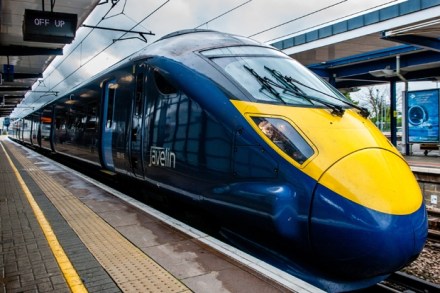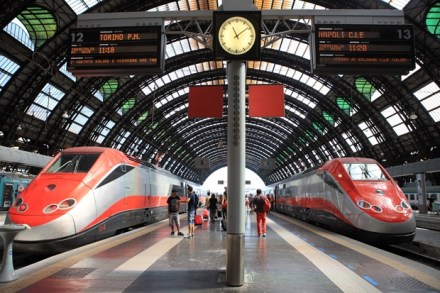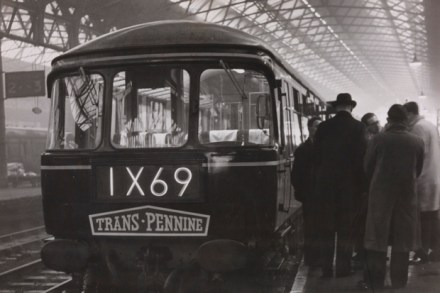Dear Mary | 15 June 2017
Q. Having retired, my husband is now an enthusiastic observer of the goldfinches, greenfinches and bullfinches in our garden. Their numbers have increased dramatically since he planted ornamental thistles and teasels, and put out feeders with nyger seed. Our kitchen has French windows which offer a commanding view over the large garden. My problem is that my husband, who has a very keen eye while I do not, keeps spotting some sort of bird activity and urgently requiring me to look at what he is seeing. ‘Look! Just on that shrub in front of you — that thin tree where I’m pointing!’ The instructions are imprecise and I always miss





